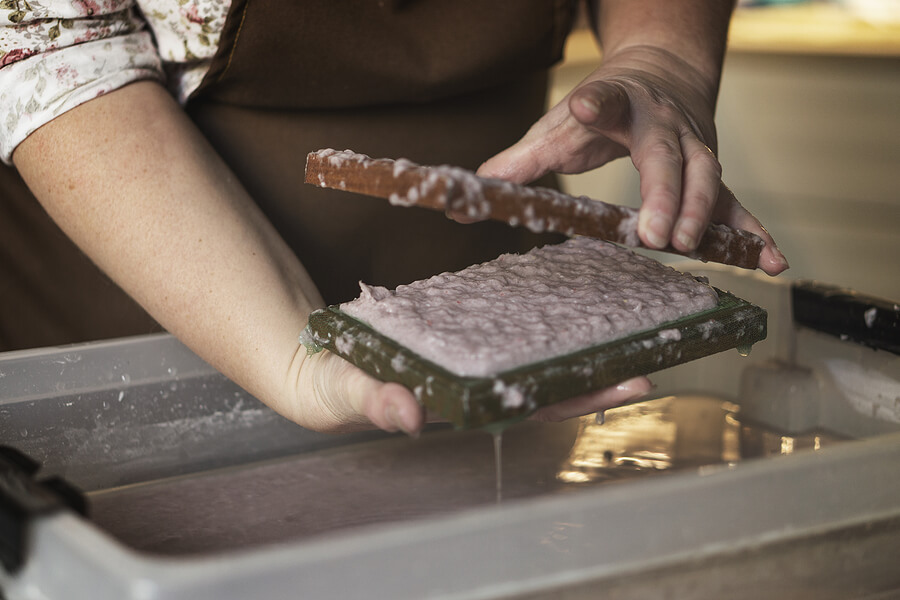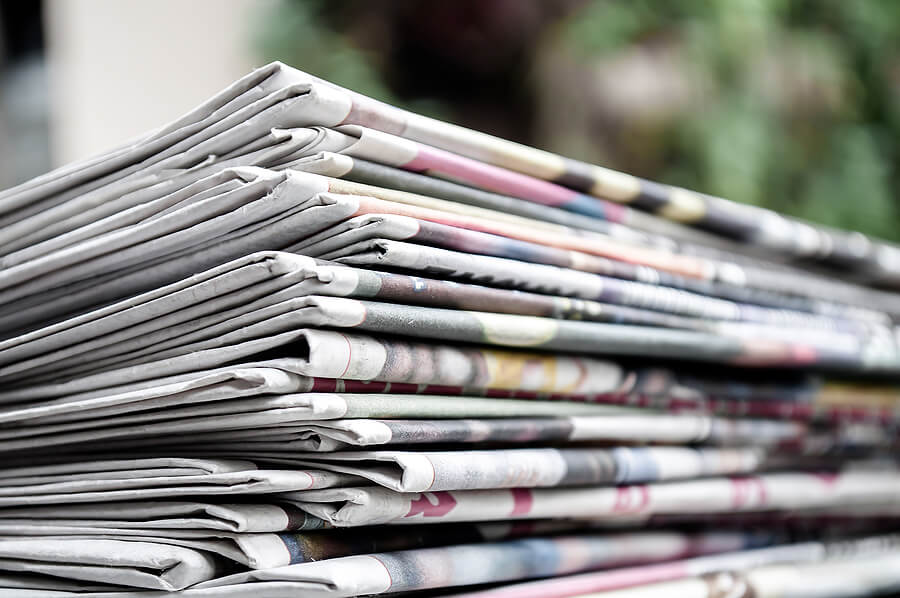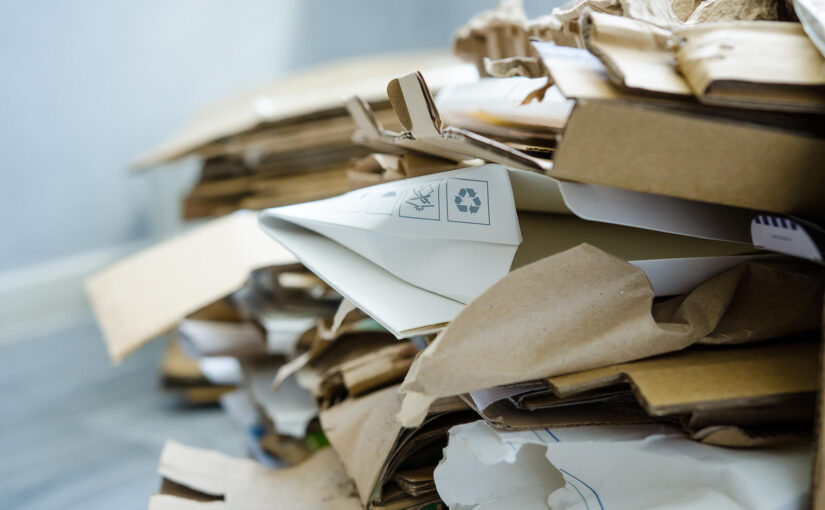A common everyday material, paper has a myriad of uses for individuals and businesses alike.
But how do we recycle the product? What are the environmental benefits of recycling paper? Are there are any limitations?
Explore the world of paper recycling and discover all you need to know about the process, including the best way to dispose of paper at home.
What is paper recycling?
Paper is a valuable material that can be reused and manufactured into new items.
Recycling paper involves turning waste paper into new products, including toilet paper, wrapping paper, packaging, greetings cards, cardboard boxes, paper bags, and more
The majority of clean paper is recyclable.
Why do we recycle paper?
Paper is one of the easiest products to recycle. We recycle paper to turn it into new paper items. This prevents waste and also conserves resources and energy used when making paper from scratch.
By reusing paper, we prolong the lifecycle of the materials and reduce the carbon footprint of the manufacturing process.
How does paper recycling work?
Paper recycling is a fascinating process.
Firstly, clean paper is collected and separated from other waste. Once it is at the paper recycling plant, it’s then sorted into different categories, such as cardboard, magazine paper, newspapers, and office papers. Each item is treated differently in the recycling process.
The next step is to turn the paper into pulp. Usually, the pulp is then filtered several times to remove things like large blobs of glue, pieces of plastic, and staples.
If the paper contains ink, this is removed during the de-inking stage. After being dissolved, chemicals and air are added to a flotation device to separate the ink from the paper. The fibre may then be bleached to increase its whiteness.
The final step in the recycling paper process is to turn the cleaned paper pulp into a new paper product. Virgin wood fibres are sometimes added to increase the strength of the paper, however the recycled paper fibres can be used on their own.
The pulp is mixed with chemicals and warm water then fed through a papermaking device. The water is drained out, allowing the fibres to bond together and form a watery sheet. More water is then squeezed out using heavy rollers and a fresh sheet of paper emerges.
How does paper recycling help the environment?
Paper recycling helps reduce greenhouse gas emissions.
It takes 70% less energy and water to recycle paper than to create new paper products from trees. Recycling just one ton of paper saves 17 trees as well as 3.3 cubic yards of landfill space.
Paper mills use toxic chemicals and are some of the worst manufacturing polluters. When paper decomposes in the ground it releases methane, a powerful greenhouse gas and one of the main causes of climate change.
Paper recycling avoids the use of these harmful paper mills, reducing air pollution by up to 74%.
What are the advantages and disadvantages of recycling paper?
Though recycling paper is considered to be more environmentally friendly compared to using fresh pulp, it doesn’t come without disadvantages.
Trees are a renewable resource, and some argue by decreasing the demand for them as we increase our reliance on recyclable paper, fewer will be planted. Forests help clean our atmosphere, absorbing CO2 and other harmful gases as well as releasing vital oxygen. They are also crucial for ecosystems around our planet.
Although around 35% of trees are chopped down each year to produce paper, only about 9% of these are ancient forests. This means the majority have been grown with manufacturing in mind.
Despite this, recycling paper is still considered more advantageous compared to making the product from scratch. The benefits of paper recycling outweigh the reservations, the main pro being the amount of pollution the process prevents.
How to recycle paper at home
When recycling paper at home, make sure it’s clean before putting it into your recycling bin. Most regular office paper can be recycled, however for paper food packaging, it’s best to check the label and ensure any residue is removed.
Newspaper and magazine recycling
Remove any plastic packaging from newspapers and magazines before recycling. Some heavy, glossy pages cannot be recycled. As a general rule, if you scrunch paper and it doesn’t spring back, it can be recycled.
You don’t need to worry about removing staples, as this will be carried out at your local paper recycling plant.
Tissue paper recycling
Contrary to popular belief, the majority of tissue paper is already made from recycled materials and can’t be recycled.
Even when tissue paper is made from virgin materials, it’s classed as a low-grade item and is difficult to recycle. Most recycling plants won’t accept tissue paper.
Instead, it’s best to reuse it. Tissue paper is great for craft projects or as wrapping for presents.
Some tissue paper can also be composted. Ensure it’s free from foil, glitter, or other shiny coatings – these will not decompose. Tissue paper with heavy dyes is also best reused or put into landfill.
Recycling wrapping paper
Use the scrunch test when determining whether or not to recycle wrapping paper. If it bounces back or contains glitter and other microplastics, it cannot be recycled.
Instead, look for ways you can reuse your wrapping paper. Perfect for DIY projects, you may even be able to rewrap another gift too.
Recycling shredded paper
Most offices and workplaces ask whether you can put shredded paper into paper recycling bins. The simple answer is: it depends. Some councils, like Leeds, don’t accept shredded paper with regular household waste collections.
In this case, you will need to visit your nearest paper recycling facility or cardboard recycling bank. Package all the loose paper into a recyclable envelope or an empty box to prevent the pieces from blowing away.
Some councils don’t accept shredded paper at all, including at recycling sites. If this is the case, try not to shred your paper. If you need to recycle confidential paper, give it to a private company to dispose of properly.
Forge Waste & Recycling helps homes, offices and businesses correctly and efficiently dispose of their waste, including paper recycling. Visit the services page to see how Forge can assist your company.
